
Maria Temming
Assistant Managing Editor, Science News Explores
Previously the staff writer for physical sciences at Science News, Maria Temming is the assistant managing editor at Science News Explores. She has undergraduate degrees in physics and English from Elon University and a master's degree in science writing from MIT. She has written for Scientific American, Sky & Telescope and NOVA Next. She’s also a former Science News intern.

Trustworthy journalism comes at a price.
Scientists and journalists share a core belief in questioning, observing and verifying to reach the truth. Science News reports on crucial research and discovery across science disciplines. We need your financial support to make it happen – every contribution makes a difference.
All Stories by Maria Temming
-
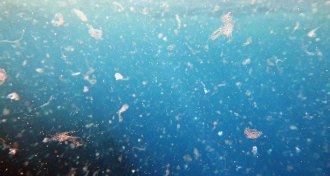 Oceans
OceansTiny plastic debris is accumulating far beneath the ocean surface
Floating trash patches scratch only the surface of the ocean microplastic pollution problem.
-
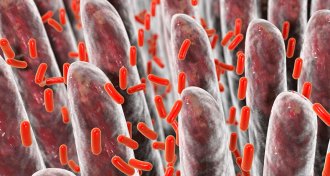 Life
LifeGut bacteria may change the way many drugs work in the body
A new survey of interactions between microbes and medications suggests that gut bacteria play a crucial role in how the body processes drugs.
-
 Physics
PhysicsA new optical atomic clock’s heart is as small as a coffee bean
Optical atomic clocks are extremely good at keeping time, and they’re on their way to becoming pocket watches.
-
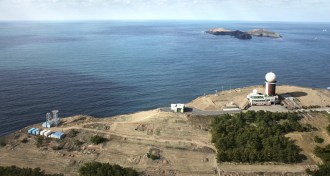 Environment
EnvironmentEmissions of a banned ozone-destroying chemical have been traced to China
Since 2013, eastern China has increased its annual emissions of a banned chlorofluorocarbon by about 7,000 metric tons, a study finds.
-
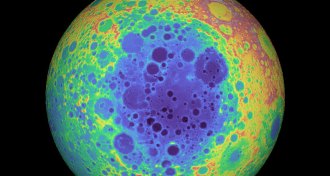 Planetary Science
Planetary ScienceChina’s lunar rover may have found minerals from the moon’s mantle
The Chang’e-4 mission spotted material on the lunar surface that appears to contain bits originating from the moon’s interior.
-
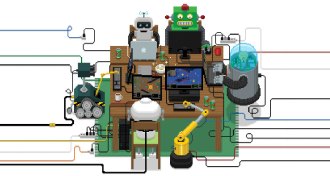 Artificial Intelligence
Artificial IntelligenceAI can learn real-world skills from playing StarCraft and Minecraft
By playing StarCraft and Minecraft, artificial intelligence is learning how to collaborate and adapt.
-
 Artificial Intelligence
Artificial IntelligenceA new AI acquired humanlike ‘number sense’ on its own
A new artificial intelligence seems to share our intuitive ability to estimate numbers at a glance.
-
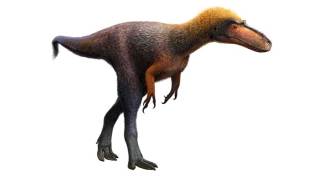 Paleontology
PaleontologyA tiny mystery dinosaur from New Mexico is officially T. rex’s cousin
A newly identified dinosaur species called Suskityrannus hazelae fills a gap in tyrannosaur lineage.
-
 Quantum Physics
Quantum PhysicsAntimatter keeps with quantum theory. It’s both particle and wave
A new variation of the classic double-slit experiment confirms that antimatter, like normal matter, has wave-particle duality.
-
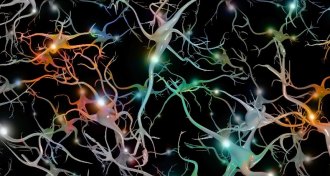 Artificial Intelligence
Artificial IntelligenceAn AI used art to control monkeys’ brain cells
Art created by an artificial intelligence exacts unprecedented control over nerve cells tied to vision in monkey brains, and could lead to new neuroscience experiments.
-
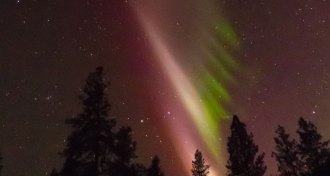 Physics
PhysicsHere’s what causes the aurora-like glow known as STEVE
Amateur astronomer images and satellite data are revealing what causes the strange atmospheric glow called STEVE.
-
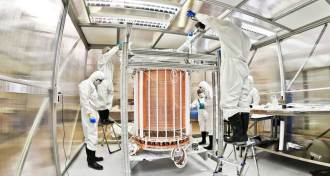 Particle Physics
Particle PhysicsThis is the slowest radioactive decay ever spotted
Scientists have made the first direct observations of an exotic type of radioactive decay called two-neutrino double electron capture.